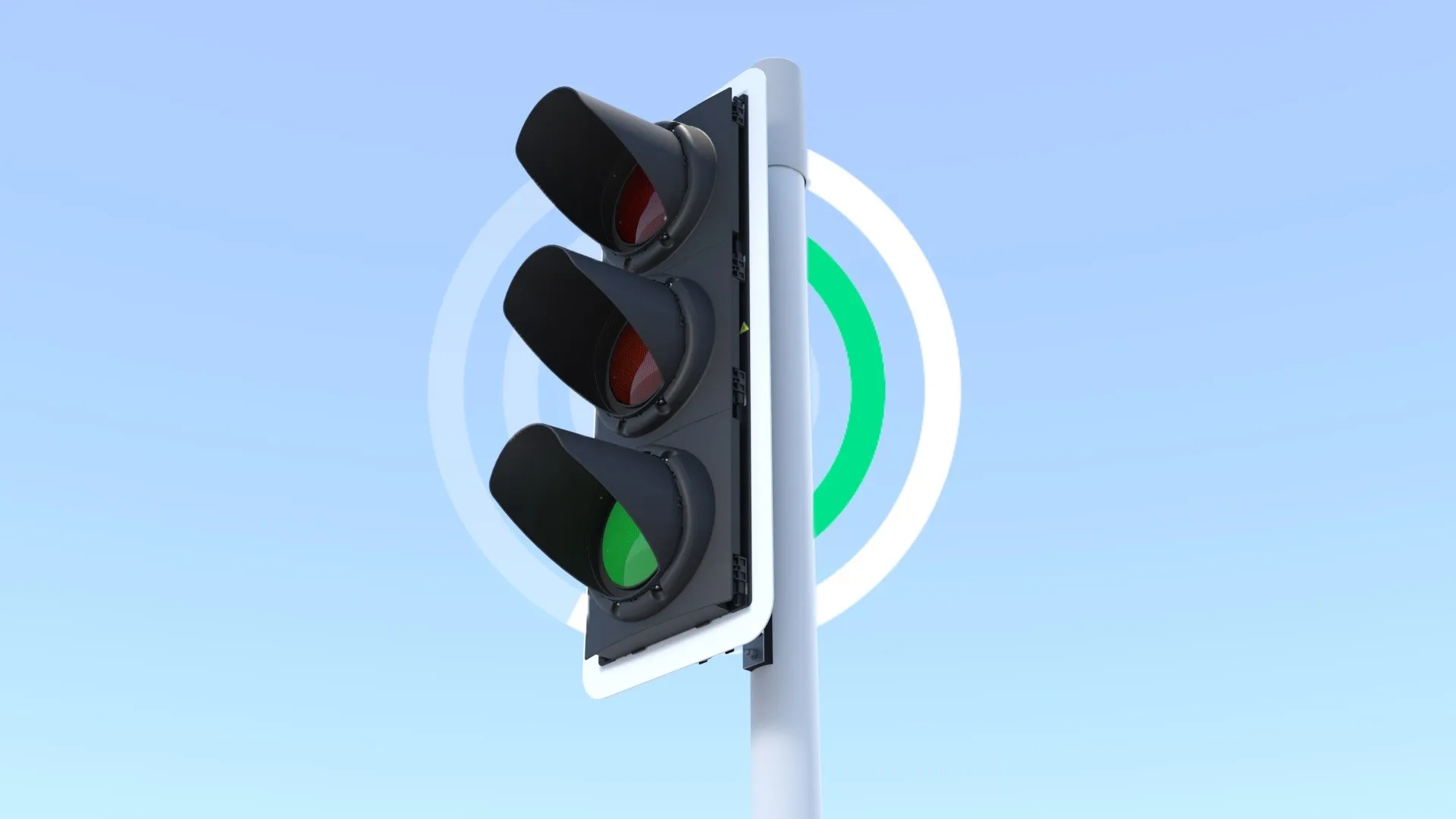Siemens is switching 9,000 street lights to LED technology in the US city of Manchester in New Hampshire. Some 4,500 lamps have already been refitted and the work should be completed by the end of September. Siemens will also be responsible for service and maintenance work.
Siemens says LED technology reduces power consumption by 60 per cent and will bring the city considerable financial benefits, with annual savings of US$500,000 in terms of energy and maintenance costs such as replacing light bulbs.
July 9, 2015
Read time: 2 mins
Siemens says LED technology reduces power consumption by 60 per cent and will bring the city considerable financial benefits, with annual savings of US$500,000 in terms of energy and maintenance costs such as replacing light bulbs.
Manchester is the first city in New Hampshire to switch its street lighting to long-life, energy-efficient LEDs. LEDs are brighter than conventional light sources and provide more safety and security in public spaces.
In addition to the safety aspect, energy consumption is also an important factor. European streetlights alone use some 60 terawatt hours (60 billion kilowatt hours) of electricity every year, the equivalent of 2.5 per cent of the entire EU consumption. Widespread use of LED technology can reduce annual energy requirements by 64 per cent to 22 TWh, corresponding to around 19 million metric tons of CO2 emissions.







